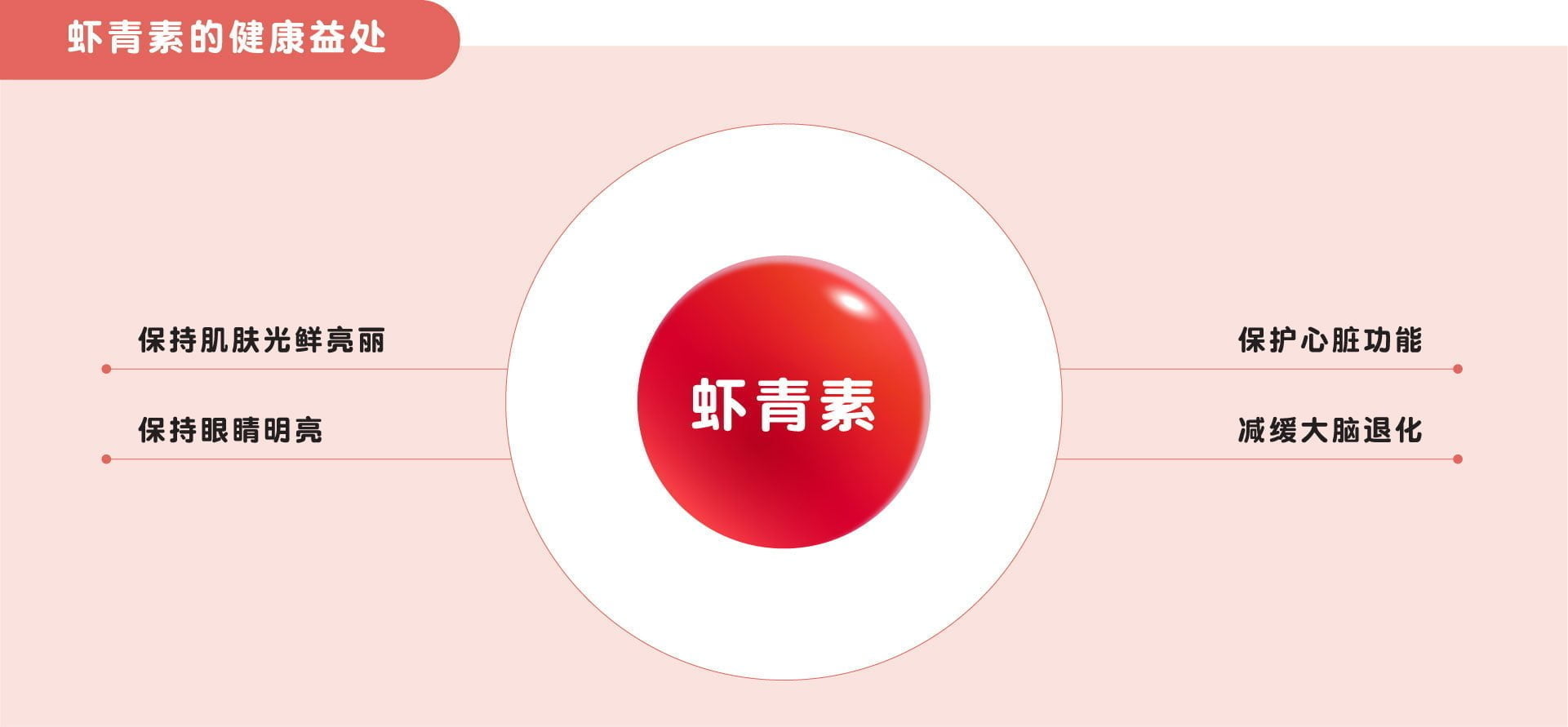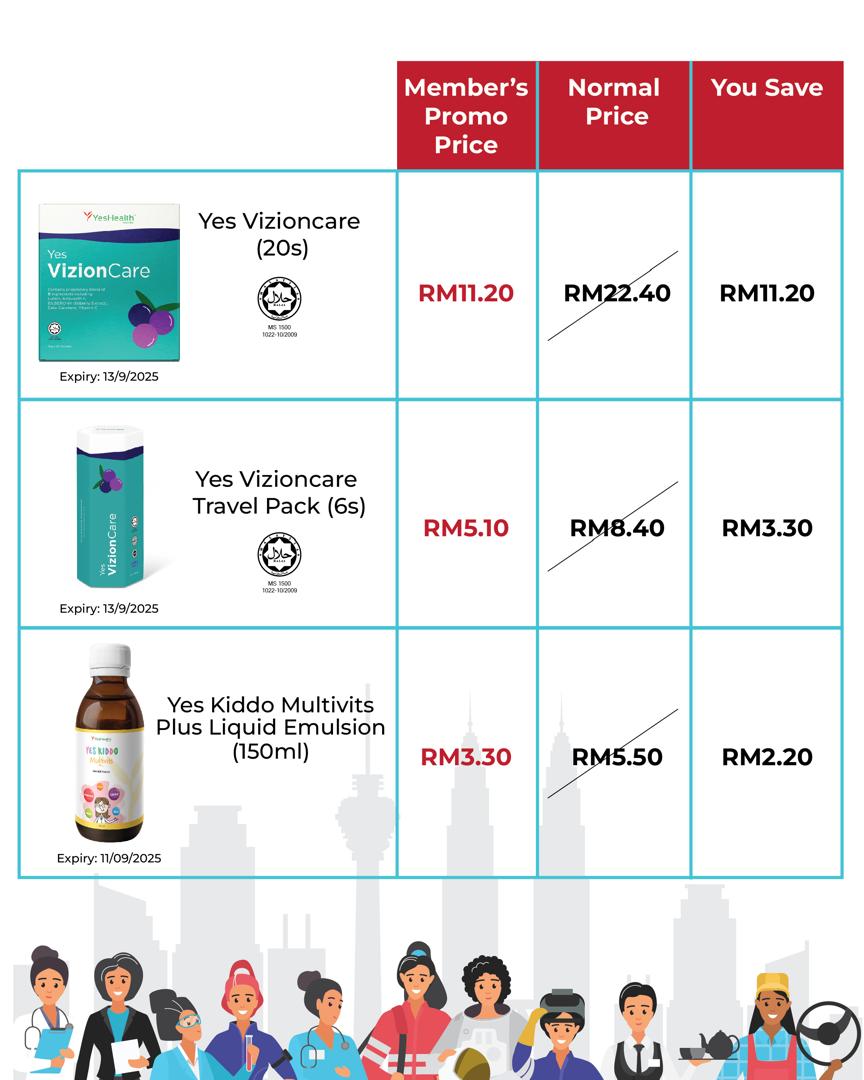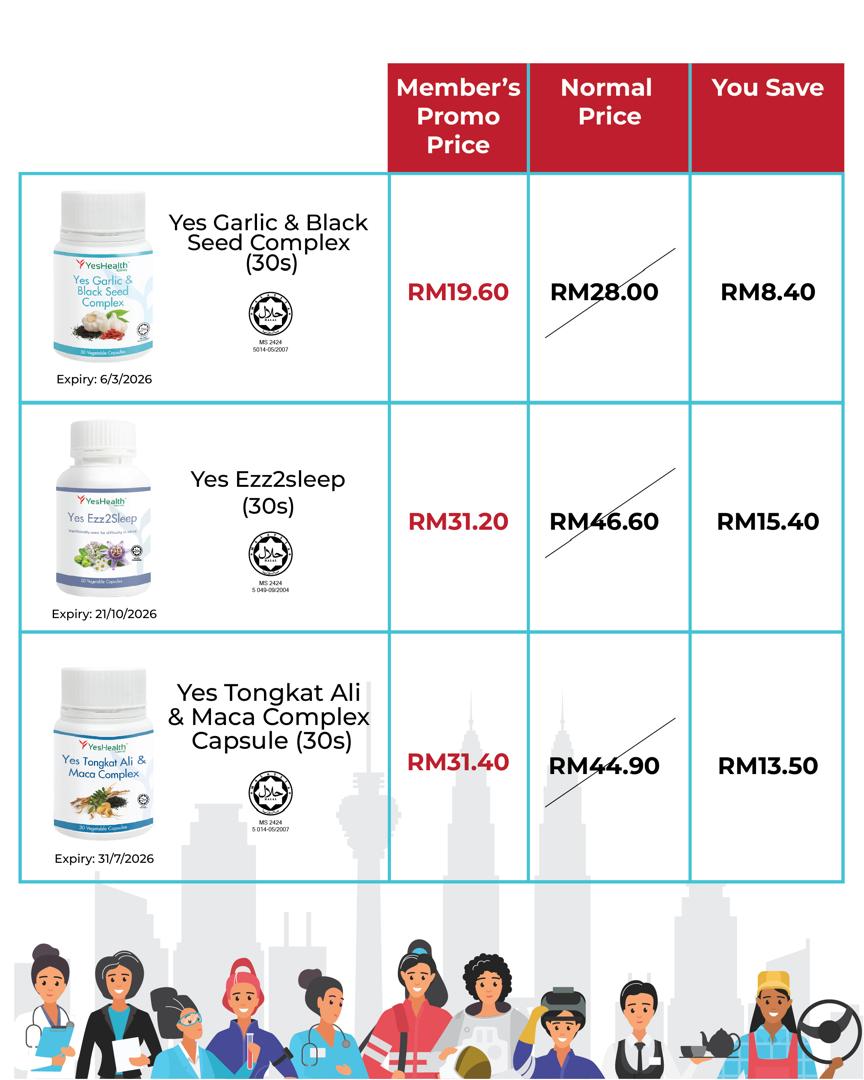虾青素

虾青素
虾青素是一种红色、脂溶性類胡蘿蔔素 1。虾青素不能通过自身合成,只能通过食物摄取来获得 2。虾青素存在于藻类以及一些以海藻为食的鱼类及海鲜中,包括鲑鱼、磷虾、和龙虾。雨生红球藻 (一种绿藻)是目前公认生产天然虾青素最好的生物来源 1。
有趣知识
虾青素属酮式类胡萝卜素,是一种萜烯类不饱和化合物 1。其结构不仅能有效吸引自由基,还持有亲水和亲脂性,可同时作用在细胞膜的内外层,从而起到更强大的抗氧化功能 1。
健康益处
1. 保持肌肤光鲜亮丽
其強大的抗氧化特性可助促进皮肤自身的修复进程及补水。虾青素能阻止紫外线对肌肤造成的损伤,减少黑色素的沉积,助美白肌肤。同时,它也能减弱活性氧对皮肤胶原蛋白的破坏,帮助抗皱 3。
2. 保持眼睛明亮
虾青素很容易通过血脑屏障和细胞膜,能有效防止视网膜氧化和感光细胞的损伤。臨床研究表明,補充虾青素可提高视力及对比敏感度,还有助于改善泪液分泌量和泪膜穩定性,及缓解眼疲劳症状 4。
3. 保护心血管健康
虾青素可抑制氧化应激、预防低密度脂蛋白 (LDL)的氧化和增加高密度脂蛋白 (HDL),从而降低动脉阻塞的风险 5。它还可以改善心肌收缩力和运动耐力 6。
4. Brain health
虾青素具有保护神经的特性,包括抗炎、抑制细胞凋亡和抗氧化作用 7。这种特性可助于维持大脑的可塑性 7。近期研究还发现虾青素可调节情绪及维持心理健康 8。
建议每日剂量
建议将虾青素与富含 Ω-3脂肪酸 (Omega-3) 籽油一起食用,例如奇亚籽油、亚麻籽油、花生油、核桃、杏仁及鱼油 1。建议每日补充2-4毫克的虾青素,一日最高可摄取6毫克 1。
参考
1. Ambati, R. R., Phang, S. M., Ravi, S., & Aswathanarayana, R. G. (2014). Astaxanthin: sources, extraction, stability, biological activities and its commercial applications–a review. Marine drugs, 12(1), 128–152. https://doi.org/10.3390/md12010128
2. Guerin, M., Huntley, M. E., & Olaizola, M. (2003). Haematococcus astaxanthin: applications for human health and nutrition. Trends in Biotechnology, 21(5), 210-216. https://doi.org/10.1016/S0167-7799(03)00078-7
3. Davinelli, S., Nielsen, M. E., & Scapagnini, G. (2018). Astaxanthin in skin health, repair, and disease: a comprehensive review. Nutrients, 10(4), 522. https://doi.org/10.3390/nu10040522
4. Giannaccare, G., Pellegrini, M., Senni, C., Bernabei, F., Scorcia, V., & Cicero, A. (2020). Clinical applications of astaxanthin in the treatment of ocular diseases: emerging insights. Marine drugs, 18(5), 239. https://doi.org/10.3390/md18050239
5. Fassett, R. G., & Coombes, J. S. (2012). Astaxanthin in cardiovascular health and disease. Molecules (Basel, Switzerland), 17(2), 2030–2048. https://doi.org/10.3390/molecules17022030
6. Kato, T., Kasai, T., Sato, A., Ishiwata, S., Yatsu, S., Matsumoto, H., Shitara, J., et al. (2020). Effects of 3-month astaxanthin supplementation on cardiac function in heart failure patients with left ventricular systolic dysfunction-a pilot study. Nutrients, 12(6), 1896. MDPI AG. Retrieved from http://dx.doi.org/10.3390/nu12061896
7. Grimmig, B., Kim, S. H., Nash, K., Bickford, P. C., & Douglas Shytle, R. (2017). Neuroprotective mechanisms of astaxanthin: a potential therapeutic role in preserving cognitive function in age and neurodegeneration. GeroScience, 39(1), 19–32. https://doi.org/10.1007/s11357-017-9958-x
8. Talbott, S., Hantla, D., Capelli, B., Ding, L., Li, Y., & Artaria, C. (2019). Effect of Astaxanthin Supplementation on Psychophysiological Heart-Brain Axis Dynamics in Healthy Subjects. Functional Foods in Health and Disease, 9, 521-531. DOI:10.31989/ffhd.v9i8.636








